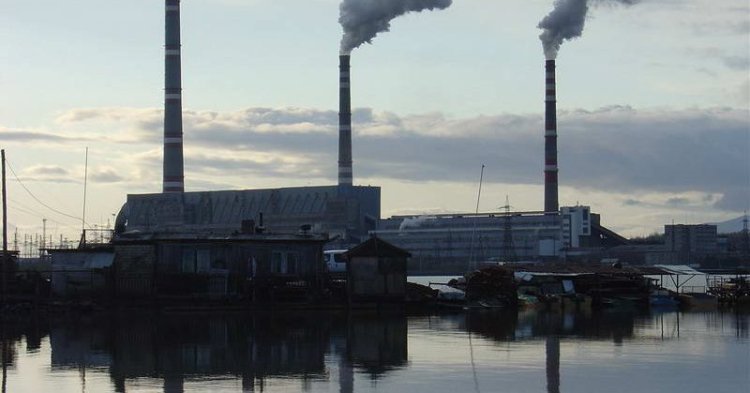Greece is getting a rescue of 100 billion € and is going to have to restructure the economy in an IMF way, and few countries have ever come alive from these macroeconomic diets… The compulsory deficit reduction will imply cutting expenditure (and investments), and/or increasing revenues. If the government doesn’t succeed in bringing law enforcement to the country –making people pay taxes, work longer…- there is no way they will manage to increase the revenues.
And in the best case, cutting in the expenditures will help reduce the deficit but it won’t generate much growth and the little growth that the country might generate will go to repay the service of the debt.
Now Ireland has a national debt that is 9 times the size of its GDP and Spain has an acute problem with unemployment and deficit.
Ireland and Spain were the heroes of the European growth until the machine broke and showed that their growth was the most unsustainable of all –speculation and borrowing from the future-. Now Ireland has a national debt that is 9 times the size of its GDP and Spain has an acute problem with unemployment and deficit. Spain made everyone happy in the Ecofin meeting of 9th of May when it announced a cut in the deficit of 5 billion €. This cut will mean less investment in public works and hence less dynamism in the economy and less internal demand.
The PIGS ( Portugal , Italy , Greece and Spain ) and countries like Ireland which are going through a tough macroeconomic restructuring will have problems to generate economic growth. And the little profits generated by a hypothetic economic growth will go to cover the deficit and pay the service of the debt. Hence no growth in sight… Economic history shows a continuously rising public debt in a shrinking economy is a recipe for disaster. Yet, it is difficult to see how half of the EU member states will avoid falling into such a vicious circle.
There is a burning need to raise revenues in the EU in order to break the above-mentioned spiral. The current measures won’t work: Taxing labour will do more harm than good, increasing VAT (like they want to do in Spain) has a uneven impact which won’t help, delaying going into pension is good when workers are productive but will not save the situation in the PIGS with low qualified labour.
Yet this catastrophic situation might open a door that the policy-makers –well-advised by their friends in the industry and banks- have tried to keep close until now.
Taxes are not only a way to generate revenue, they are way to steer and create markets. Therefore it is of common sense to raise taxes there where is needed in order to pave the way towards a more sustainable economic and environmental future: taxing capital and taxing carbon is the way forward.
Taxing capital transactions: The current crisis was triggered by the excessive speculation and in order to stimulate productive investments a tax on the financial speculative transactions is not only useful to raise income but it is also fair.
Taxing carbon: The big challenge of the current times is the decarbonisation of the economy, whatever economy comes out of the current crisis will have to be more sustainable and efficient and less based on carbon. A tax on carbon would help raise revenues and would bring the right incentives to the market, pushing the economy to be less carbon-intensive.
The problem is that those who put us in the current crisis are supposed to get us out of it...
The problem is that those who put us in the current crisis are supposed to get us out of it and, sadly, so far we have only seen old ideas to fix new problems. Someone said “Never waste a good crisis”; now the European leaders have the perfect excuse to do the right changes. The problem is that neither the industry, nor political parties, nor even trade unions want the change. In France , Sarkozy’s plan to tax carbon had to be left aside because in the end “nobody” – except common people - wanted it. In Spain Zapatero –and common people- wanted to tax capital transactions but he had to give in to some “interests”…
Ideally the initiative should come from the European Commission, but so far it hasn’t shown much initiative in anything relevant and, sadly, people tend to expect more from the German government than from the European Commission.
The EU has been taking difficult decisions regarding rescue-packages and others. Had they been bold and brave enough before, we would have saved lots of tax-payers money. Latest experiences are a sad portrait of the cost of inaction; with the current pre-depression situation countries like Greece have to break the vicious circle imposed by IMF rescue plans. Taxing carbon and speculation is the right way forward and now it is time to implement it. The longer we wait, the higher the bill will be.



Follow the comments: |
|
